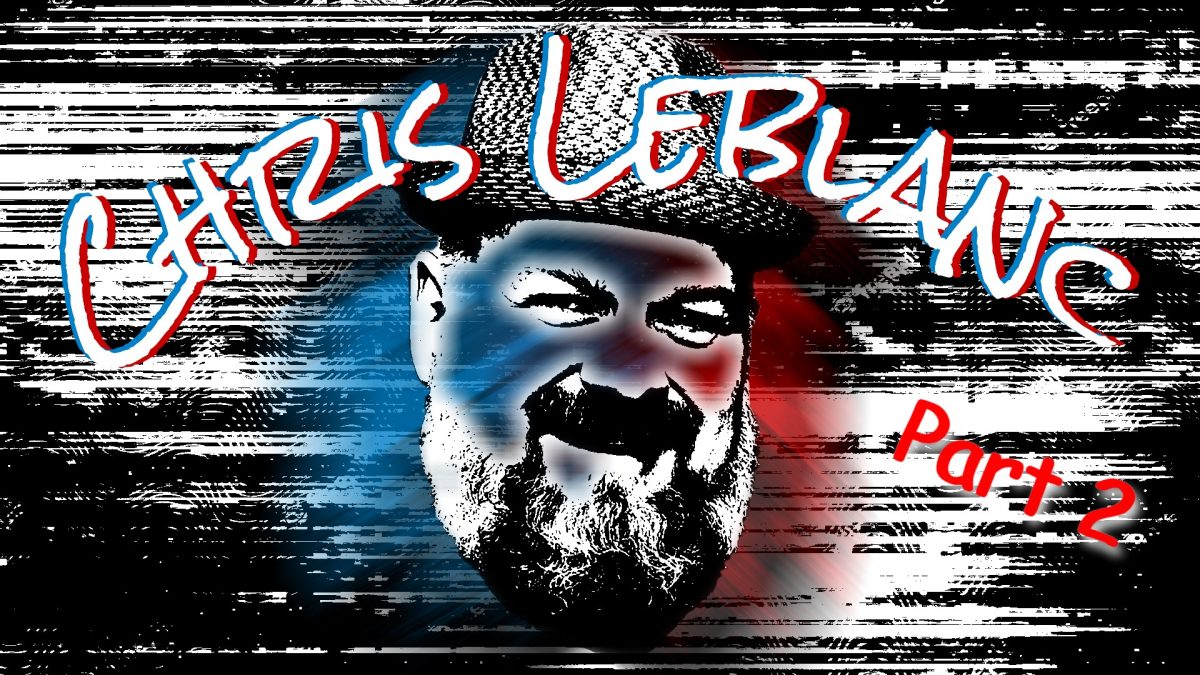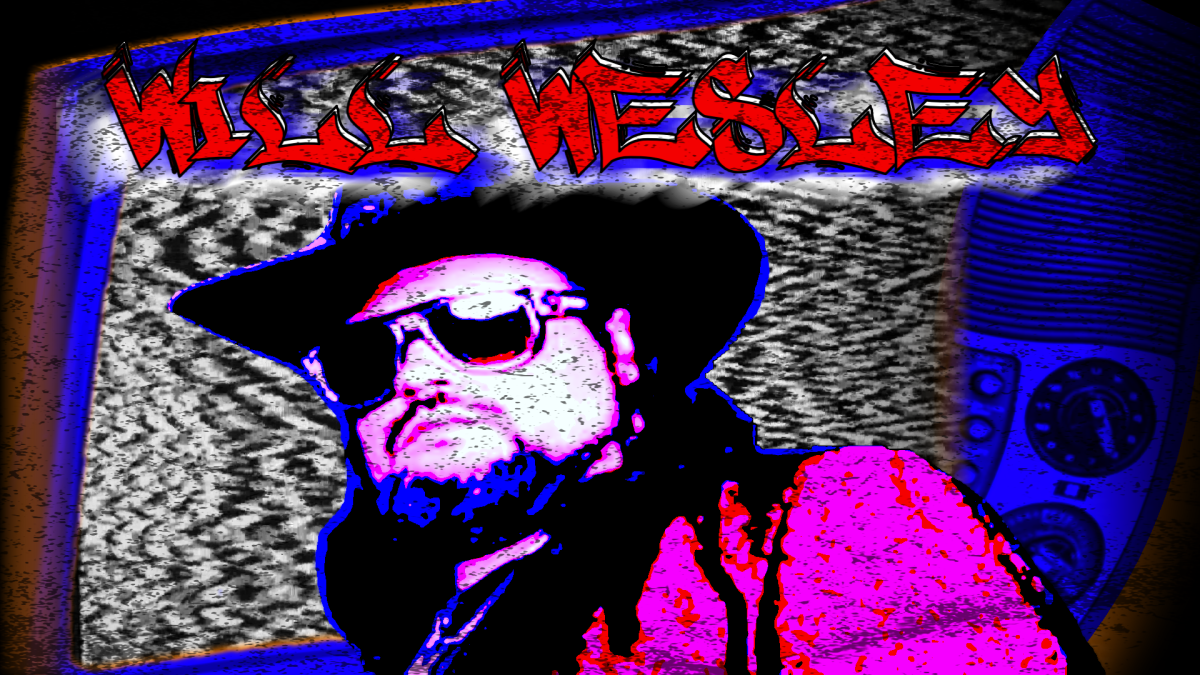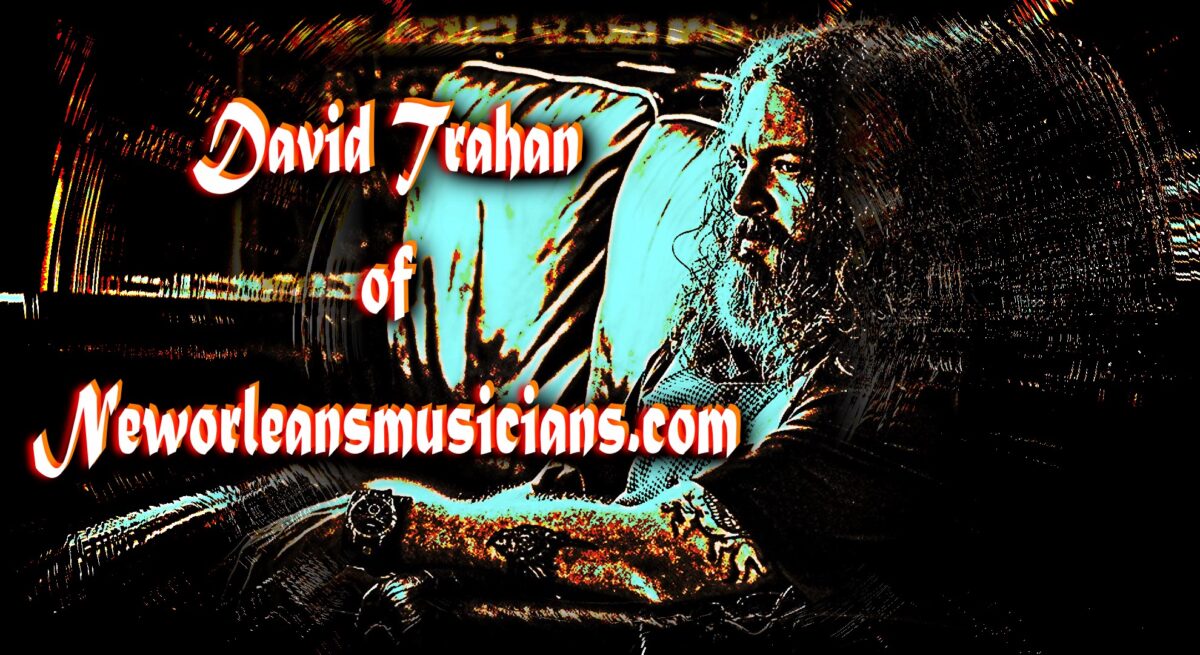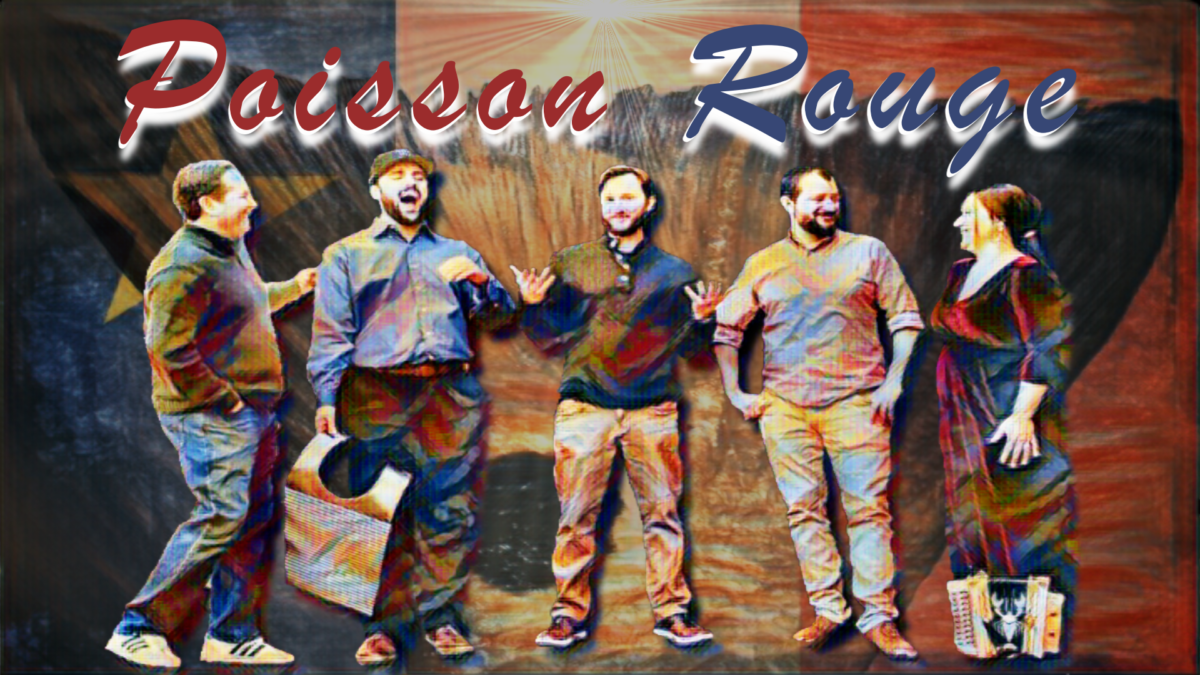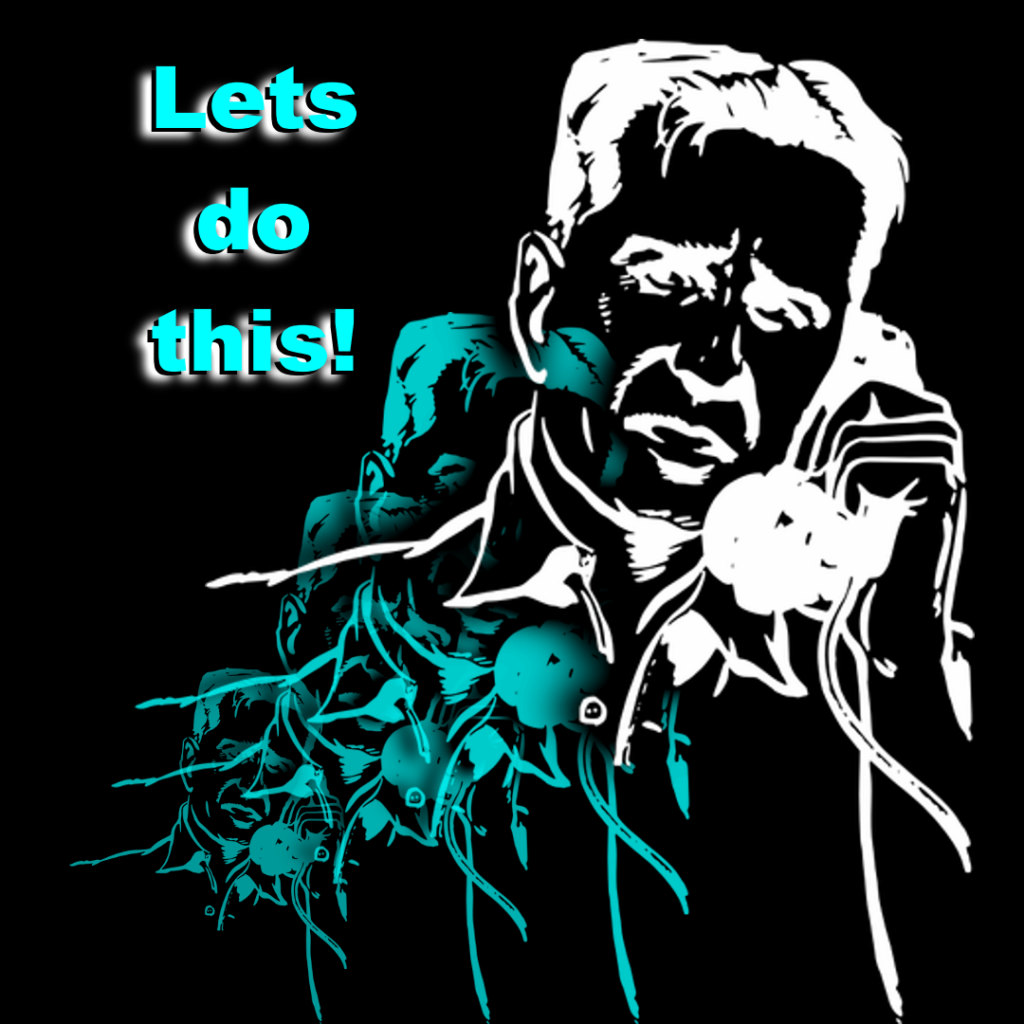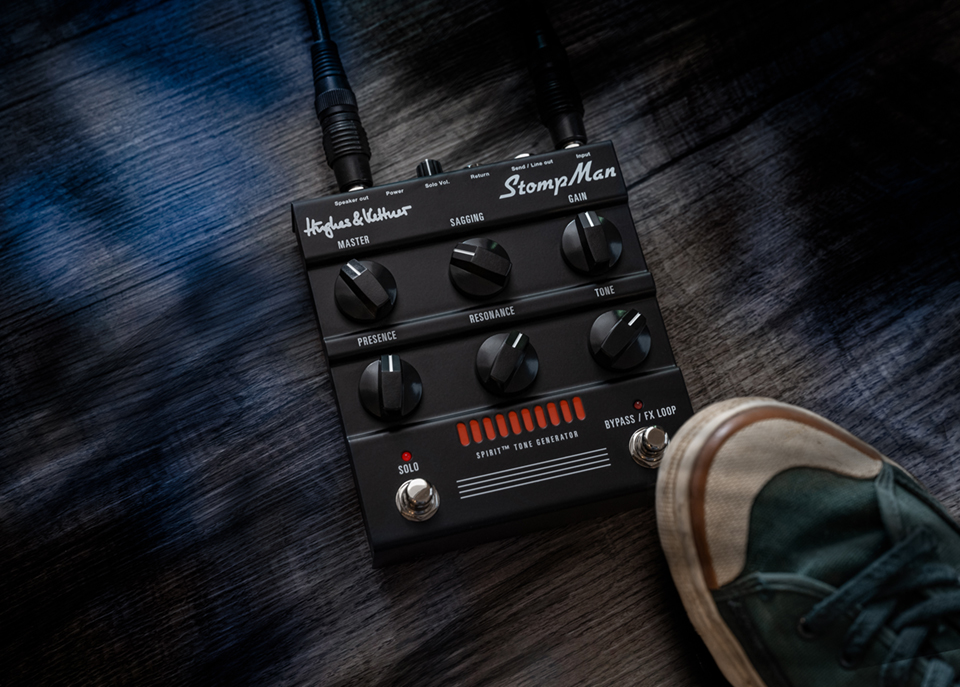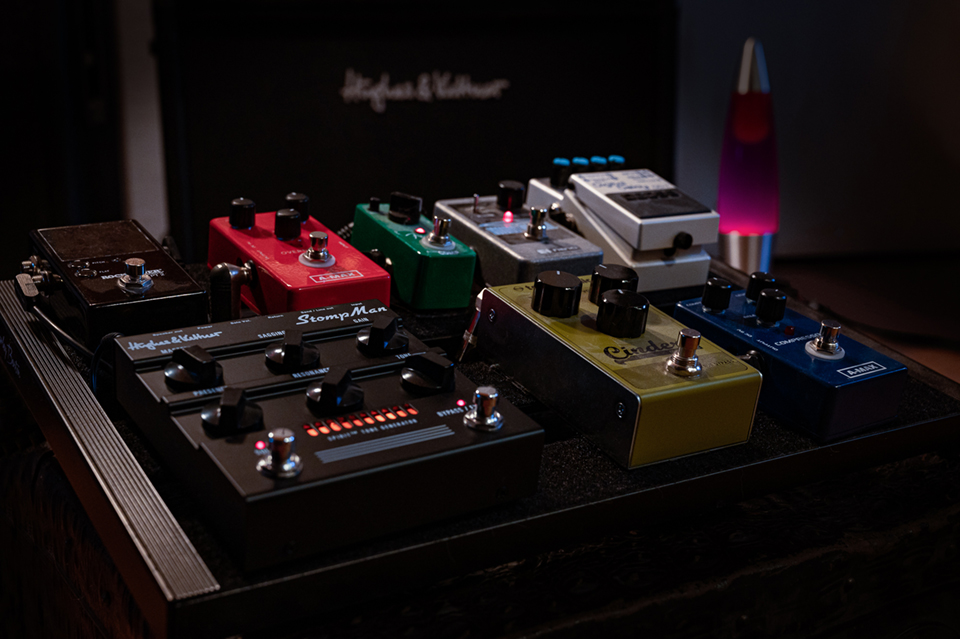Do you know what it’s like to lay it all on the line? Have you ever gone all in and not turned back? Travis Mark has, several times; for music, for love. And his efforts have spanned three continents. He’s had his fair share of irony. Like the time his band was finally on radio rotation and had charted in his home town. But he was living in another country by then. Or the time his band mates were veering toward their own relationships while, on the other side of the Atlantic, his was on hold for the sake of that very band. He’ll be the first to attest to his naiveté over the years. But even if you’ve never put everything on the line, I’m sure many of you have muddled your lives at one time or another through inexperience. None-the-less, over time his acquired sophistication and focus has landed him here in New Orleans. And periods of reflection have only bolstered his art.
Our story begins in the mid-eighties in Johannesburg, South Africa. With his parents being big fans of music, Travis recalls Carol King, The Beatles, Creedence Clearwater Revival, and the Rolling Stones filling his ears as a child. The age of eight is earmarked in his mind, because this is the point in life when he truly fell in love with music. A component stereo unit sat tucked in an alcove along with a collection of records. Discovering their collection at eight years of age, his parents’ albums became another world in which to venture. And he remembers many a day and night falling asleep with those Beyerdynamic headphones stuck to his head. When you sit and talk to musicians about their life, there is a common thread you’ll find. Typically, at an early age, they are introduced to a friend or family member’s music collection. And they feel as though their whole life has changed. Being able to interact with and investigate every little detail of a physical album has a way of drawing forth an affection for which words cannot describe. As Travis recounted his experience with this collection, he pauses and declares, “…and dude, I found The Police.” Six words drove home the sentiment that, even at that age, he knew he would never be the same again. This record collection would sustain him for quite some time until a cousin introduced him to Nirvana. Though Carol King and The Beatles were lovely, this insinuated edge cut deep; deeper than the initial romance he found in that record collection. It was final. He was going to be a rock musician. The pursuit would yield a group of four kids that called themselves Pyramid Tongue.
Pyramid Tongue gigged regularly. And over time, the crowds grew. They found themselves seeking out larger venues to accommodate their fanbase and had even signed with an indie label. The action caught the attention of a major label in England, and an invitation to showcase was extended. Plane tickets and visas were expensive, and band members sold everything they possessed to make this happen. Still a teenager, Travis found himself anointed. Universal Records would sign Pyramid Tongue and once again, music would forever change his life. Travis felt on top of the world. The trouble with that place is, there’s only one way to go from there; down. Their manager became severely ill, placing all momentum on hiatus. The guitarist and bass player wound up moving back to South Africa. Their drummer ended up moving away to a different part of England. And while all of this is happening, he found out Pyramid Tongue was charting back in South Africa and getting regular radio play. Determined to stick it out, Travis stayed put. He would go to as many jams as he could while simultaneously writing songs, and recording on a borrowed Tascam multi-track. He was fortunate enough to land a job that provided housing, too. In England, it is commonplace for some of the staff to live at the pub. The pub itself rests on the bottom floor, while accommodations for select employees sit above. He would write and record by day, and stock the coolers in the early morning hours after gigs. His nights were now spent playing in a band he’d joined. Though gigs were steady and arrangements stable, there wasn’t much money to be made. Persistence would pay off though. He ended up meeting a label-affiliated producer that was looking for a bass player. And being well versed in several instruments, Travis was able to meet with him and discuss things. “So, I’m thinking we’re going to meet and talk like this; maybe about music, kinda get a bit of a vibe… see what happens. Maybe he’s in the band. If he’s a producer, he must know what he wants. You know? He doesn’t want to talk about any of that. We meet at this coffee shop in central London. And dude, we’re talking like long before smart phones, right? But like Motorola flip up phones when the Razors were like the thing, right? We sit down and he’s like ‘hey can I take a couple pictures?’ I’ve never met this guy. I’m like, uh… ok. That’s so freaking weird! So, he whips out this Motorola. He takes a couple pictures. And he then sits down and sends off a text. He goes, I want you in the band.” And like that, Travis found himself in another band on a major label once again.
His intentions originally were to form his own band. He had his own songs he wanted to get on a record. But what had just happened was that he was signed to, as he put it, a bubble-gum pop band. No matter, he would stick this out as well, long enough to get his foot in the door and continue on his intended path. But with so many ups and downs in his future, parts of the road that lied ahead were hard to see, and even more difficult to chart out. Hard rock, then pop bubble gum, indie band, then hard rock again; one cannot simply plan ahead for these things. The advantage came in just being there. Showing up for every engagement, taking a piece of each with him as he went along. This is what constantly sharpens and increases odds. And with each would come a bar set higher and thus a metric with which to gauge the next project. The real challenge then became staying true to his own identity. With age, the prospect of becoming the next Nirvana had lost its gleam. Looking back, he never viewed his initial meteoric rise in England as intimidating. Being a typical teenager, ‘what if’ never crossed his mind. And as they say, ignorance is bliss. He fell so hard for music that plan B wasn’t a consideration. And by the time he was 19, he was living on his own in a new country, doing tours and making a decent living from music. He recalls his father letting him in on a secret one day. “Your mother and I were really quite worried when you said you wanted to make this your career, you know. It’s not an easy career. Some guys make no money.” Travis couldn’t see where his father was coming from at the time. He had always made money in music. That was never the focus. But he had always made enough. And he always had the foresight to be frugal with his funds. Being in a band, or even being signed to a major label for that matter, never stopped him from pursuing other avenues. When that bubblegum pop group fell apart, he was still under contract. Still, he remained in England and on stages. And it landed him in another band that was signed to a major label. While riding that wave, he was still developing another band on the side. When it became clear that Universal was never going to reconvene his band, he altered his course toward another project. The point is that he never stopped moving forward. And sometimes that involves pivoting in directions you hadn’t fully developed.
At a certain point in his journey, pivoting meant taking some time off from a by then defunct band while still being signed to a label. He found himself back in South Africa on a “visit” that would ultimately last for years. Avoiding stagnation religiously, Munkinpure was a side project of his whose roots began in England. The concept began to take form after returning to South Africa. Though Pyramid Tongue had found success in South Africa. Travis’ growing appetite for alternative rock, coupled with the explosion that genre was seeing in England at the time, meant yet another pivot in his path. About this time, in the early 2000’s, bands like Kaiser Chiefs, Franz Ferdinand, and Arctic Monkeys were seeing great success. Although this was encouraging, it was at the same time worrisome. As we’ve all seen before, oversaturation can oftentimes burst a bubble before you know it. But his familiarity of England had Travis encouraging his band mates to make the trek there and give it a shot. They planned for a solid year while gigging constantly in South Africa. Ultimately, the bassist would leave with him and the guitarist would stay behind. But the duo would soon acquire another guitarist, and Munkinpure would see packed venues as well as radio play in England. Travis was just 26 years old at this time. And the band signed a management contract with clauses that weren’t exactly in their best interest. But they figured while that management company might screw them a bit, they would still increase exposure. Eventually they could part ways having grown in the process. Insert another curveball. Management informed them that they could no longer book their own gigs. Though this seemed peculiar, what followed was a slow and grueling death. Little by little, the gigs became fewer and further between. Their buzz suffocated in its wake. Travis considered his options. Munkinpure had come a long way. Several albums and an EP were out, shows saw great turnouts, the radio was playing their songs. He approached management to see if they would release the band from their contract. They refused. So, he broke up the band.
At their last show, he made the announcement on stage that the band would be no more after that night. As luck would have it (if you would consider it so at this point), he is approached by an independent yet well-connected management rep after the show. Over time, and with the support of his newfound management, Travis found himself forming yet another band, Dead Days. The next three years would yield countless gigs, a live album, a studio album, and an EP. But along the way, he sensed trepidation on the part of other band members. Sometimes he could tell that Dead Days wasn’t first priority with them, as it was with him. At some point he found himself swimming against the current, so-to-speak. And he questioned his own dedication in the face of their waning allegiance. It wasn’t so much whether or not he still had any. It was more a weighing of involvement in something that had apparently become less important to other members of the band. “People were going through divorces, getting married, starting new jobs. And I was living alone trying to do the band thing. And I kind of took a step back. I had gone through some personal stuff of my own. And I was like, hmm, maybe I need to think a little bit about my actual life. I’ve spent my whole life thinking about bands. Maybe it’s time I think about life. And life lead me to New Orleans. And this is why I’m here.” At this point I had to back things up to make him expand on this, which he did. It was all incredibly involved. And the past three years he’s spent here have lead him all over the city, learning the intricacies of the music world in New Orleans. We spent some time discussing his experiences here, which included the formation of Deep Sleep Atlantic; a powerhouse of talent with three music videos and an album, Prelude, out right now. Some people would kill for the kinds of opportunities Travis has had along the way. And there have been more since his arrival. You can hear about the progress he’s made while here on our podcast interview, along with more details of this incredible journey by clicking your favorite streaming platform below.
Author: David Trahan




















